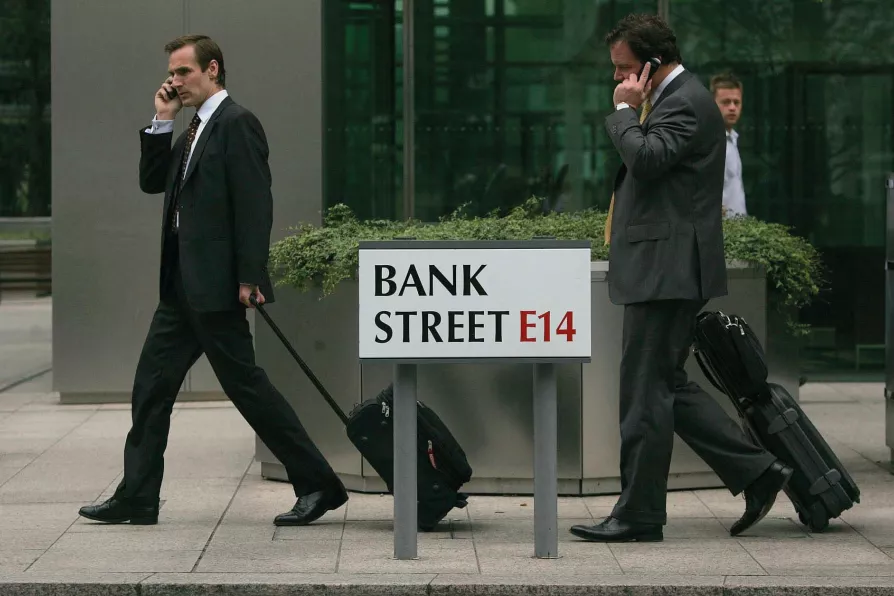Rubio's disturbing speech in Munich exposed the West's brutal plans — more imperialism, more colonialism, more white supremacy, says ROGER McKENZIE

 MONEY TALKS: A general view of City workers on Bank Street at Canary Wharf, London, 2007
MONEY TALKS: A general view of City workers on Bank Street at Canary Wharf, London, 2007
CANVASSING for Jeremy Corbyn in 2017 a constant question was “Where’s the money coming from?”
One answer could be British money — sterling — a “hard” currency, “hard” because it can be used for trade across the globe, between every country with other “tough guy” currencies. Top of the list for total world foreign exchange reserves is the US dollar, with 57 per cent, the euro at 20 per cent, Japanese yen 5.81 per cent is no 3, sterling is no 4 with £588 billion 5.81 per cent. While movements in the value of hard currencies occur constantly, over time, they are mainly stable.
But money can itself fall victim to crises. In the US between 1980 and 1994 such crises were caused by excess land and house loans, speculation and poor underwriting. Well over 2,000 US banks bailed out or folded. Key to survival was the strength of the dollar and piles of “new greenbacks” with, crucially, political support from the US state.

The selection, analysis and interpretation of historical ‘facts’ always takes place within a paradigm, a model of how the world works. That’s why history is always a battleground, declares the Marx Memorial Library

If the government really wanted to address public finances, improve living standards and begin economic recovery, it would increase its borrowing for investment, argues MICHAEL BURKE

From hunting rare pamphlets at book sales to online panels and courses on trade unionism and class politics, the MML continues connecting archive treasures with the movements fighting for a better world, writes director MEIRIAN JUMP










